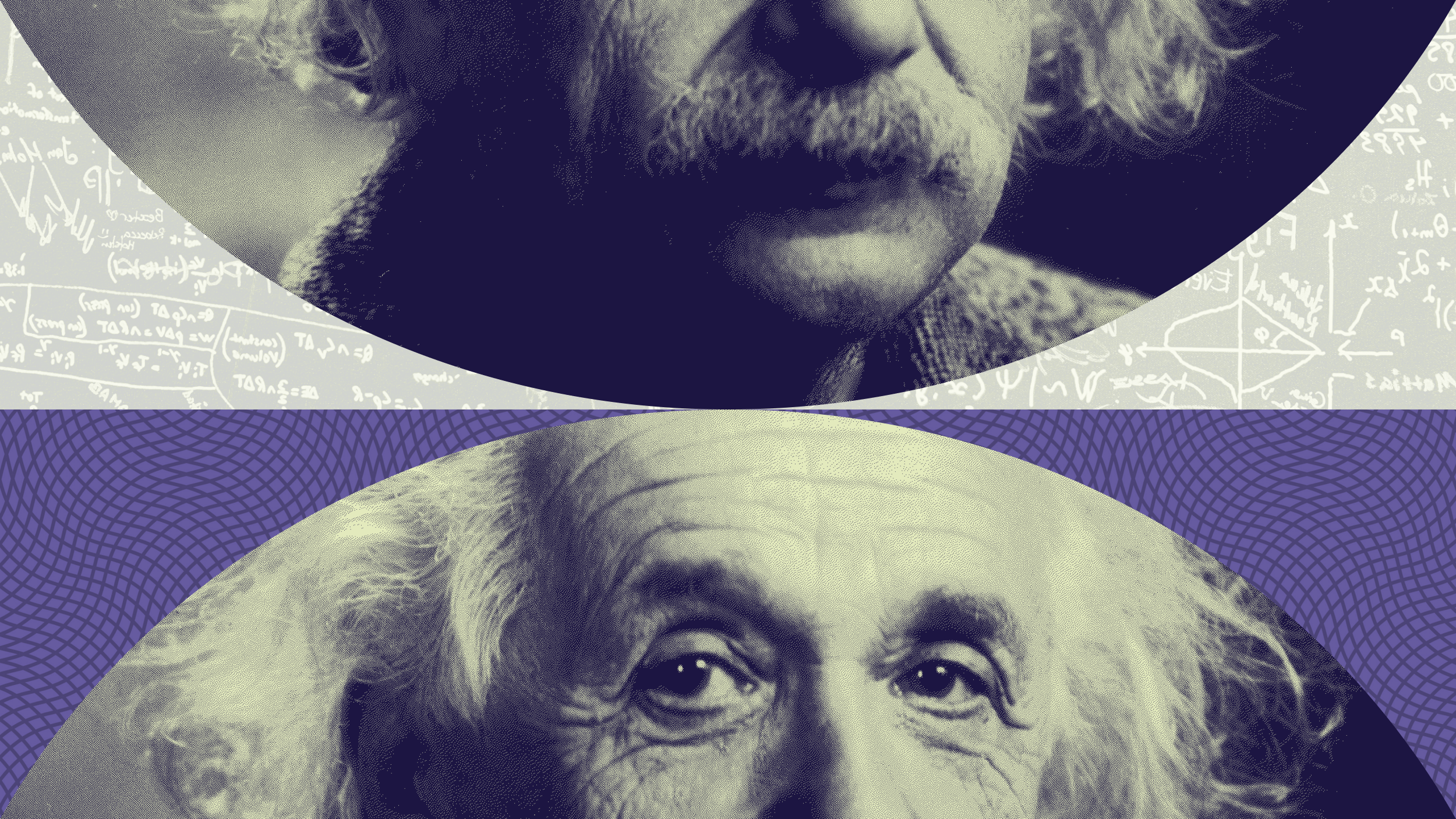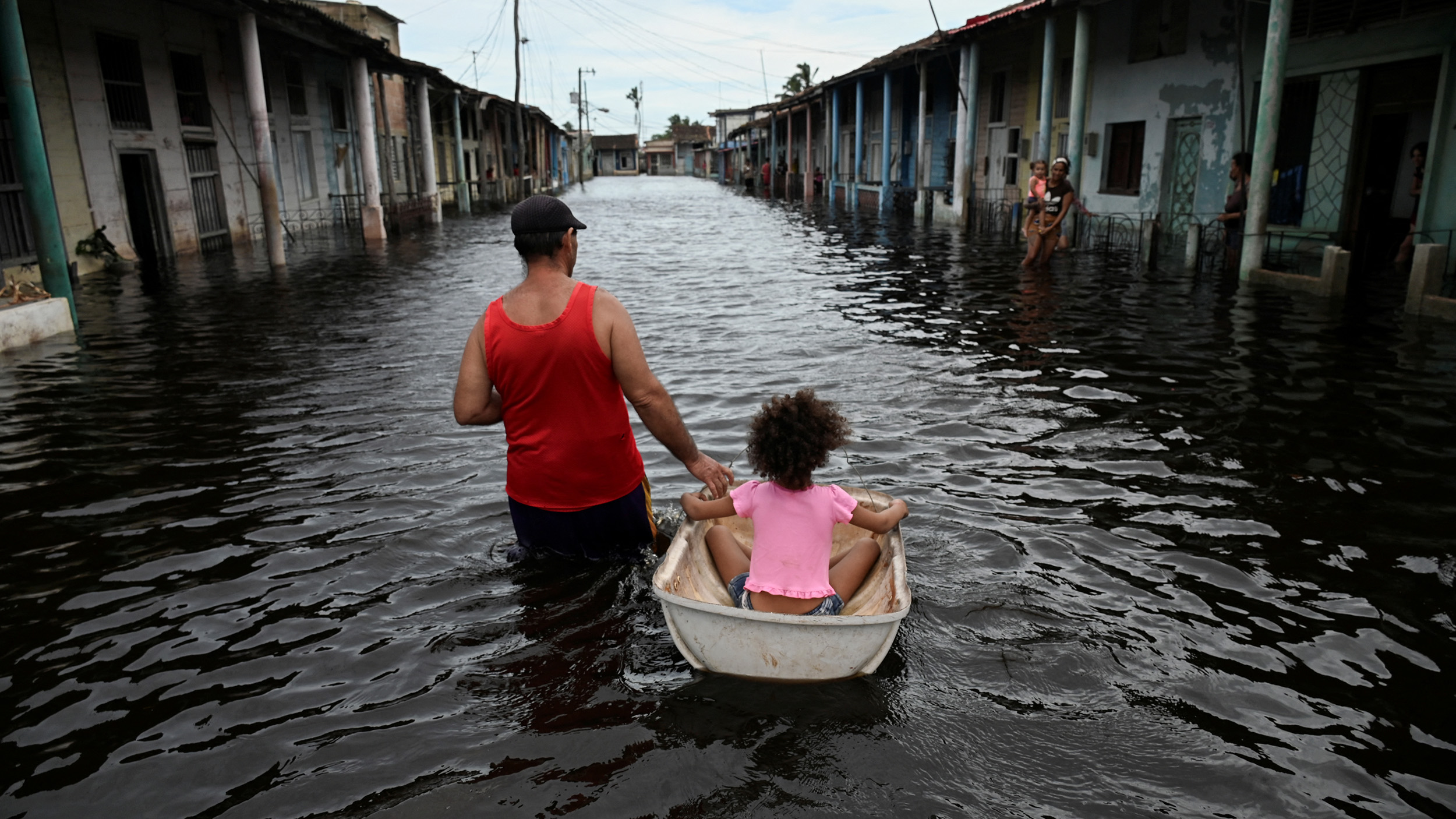On the media (or press)

It seems like I’ve been stepping on a lot of people’s toes lately, so in an effort to foster more camaraderie and less belligerence between the “old media” (this is not derogatory, but rather refers to anything pre-internet news source or classic journalistic source) and “new media” (this includes internet-era news sources, bloggers and the like), I’d like to put down my thoughts on the state of science journalism on the internet today.
So, how do we solve this?
I think that covers a lot of what I think about the state of science journalism on and off the internet. I think the real problem is likely the deeper, societal anti-science sentiment that doesn’t foster scientific thought. I also think that we’ve taken a lot of the wonder out of science – that sort of Victorian mentality that anything is worth pursuing because it might be interesting. The business model that only science that will have a practical end result or that will have a successful outcome has neutered a lot of the ingenuity of science. Science is about looking at the universe and thinking “this is amazing, how does it work?” and somehow we need to get back to that both in science as a discipline and society as a whole.




